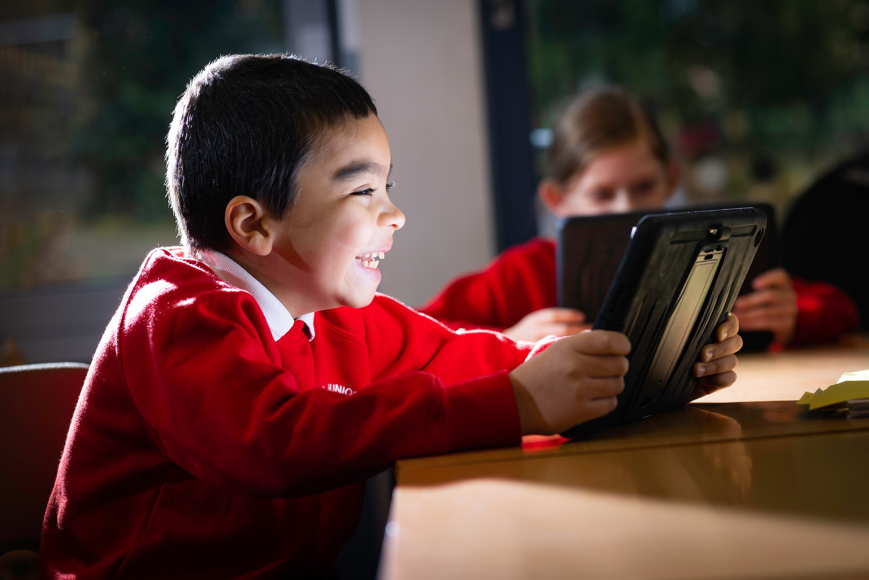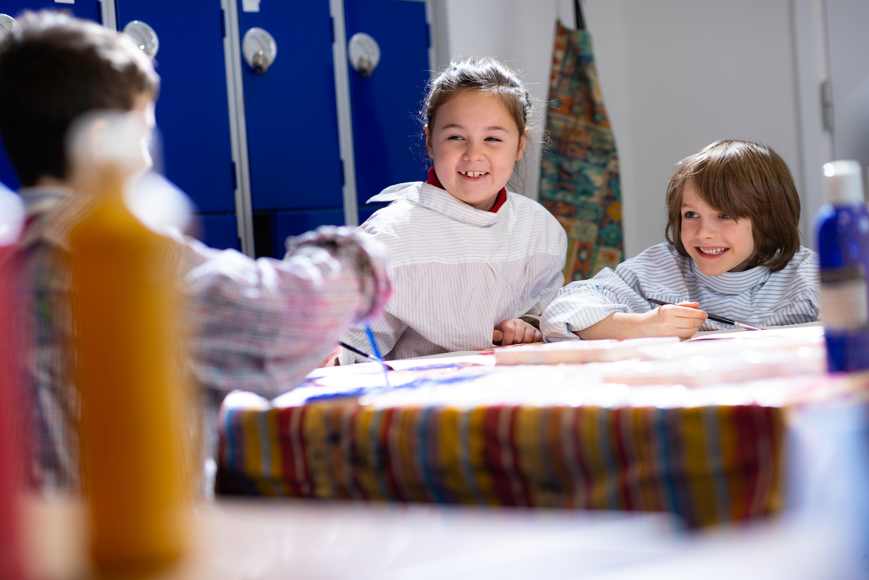- Home
- Curriculum
- Subjects
- D.T (Design Technology)
D.T (Design Technology)
Intent
Design and Technology aims to inspire children to become innovative problem-solvers who tackle relevant challenges experienced in the modern world. Throughout their studies, children become confident, creative and critical thinkers who can design solutions for problems in different contexts. Children become skilled in the process of design from conceptualisation, prototyping, the creation of a final product to reflecting using relevant design criteria. Alongside Design and Technology being a practical subject where children benefit from hands-on learning experiences, learning is enhanced through utilising modern technologies, such as Computer-Aided Design (CAD) and Artificial Intelligence. Additionally, opportunities are provided for children to see the impact of Design and Technology in the real world from a diverse range of individuals and careers, therefore broadening their aspirations and inspiring them to pursue their passions as designers.
Implementation
Through revisiting and consolidating technical skills, our lessons help children build on prior knowledge alongside introducing new skills, knowledge and challenges. The revision and introduction of key vocabulary is built into each lesson to help pupils develop a deep conceptual understanding of the subject and articulate their thinking accurately. Active learning experiences allow children to become immersed in their learning, which is enhanced with carefully constructed cross-curricular links to help children understand the relevance of their designs. Children are inspired to develop a love of Design and Technology in our ever-evolving technological world by coupling their practical skills with digital skills that unlock a new opportunity for creativity and innovation.


Impact
We aim to encourage independence and an enquiring mind together with a thirst for learning. There is regular monitoring across the school and consultations with the children in each year group. Whole-school and parental engagement is supported using design and technology home learning tasks and opportunities provided in lessons. Design and Technology is loved by children across school, and they are encouraged to want to build on their wealth of skills and understanding, through practical activities which progress across the key stage. Impact can also be measured through key questioning and observing skills learned in lessons. Children also evaluate their own work against that of other crafts makers and reflect on how they can make improvements in the future. Assessments aim to target next steps in learning.



